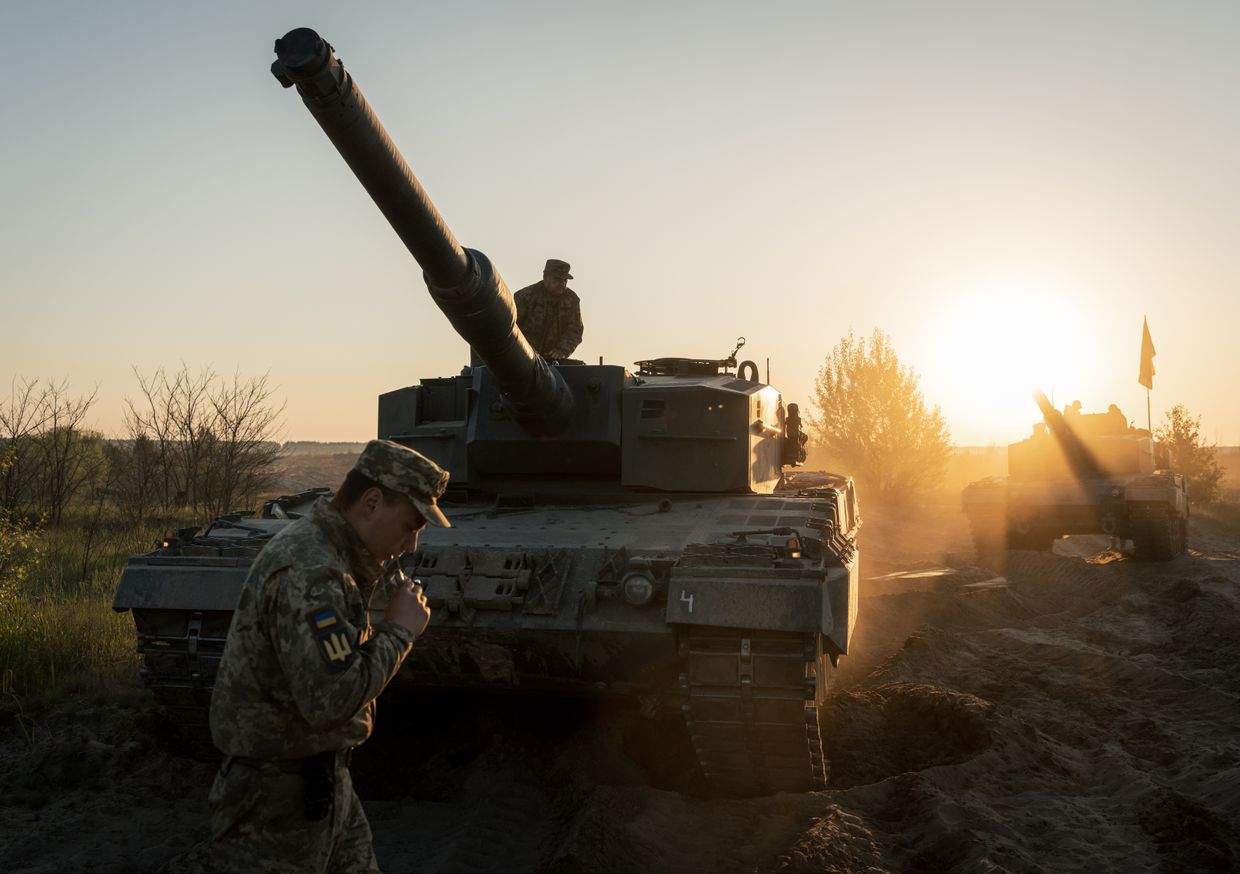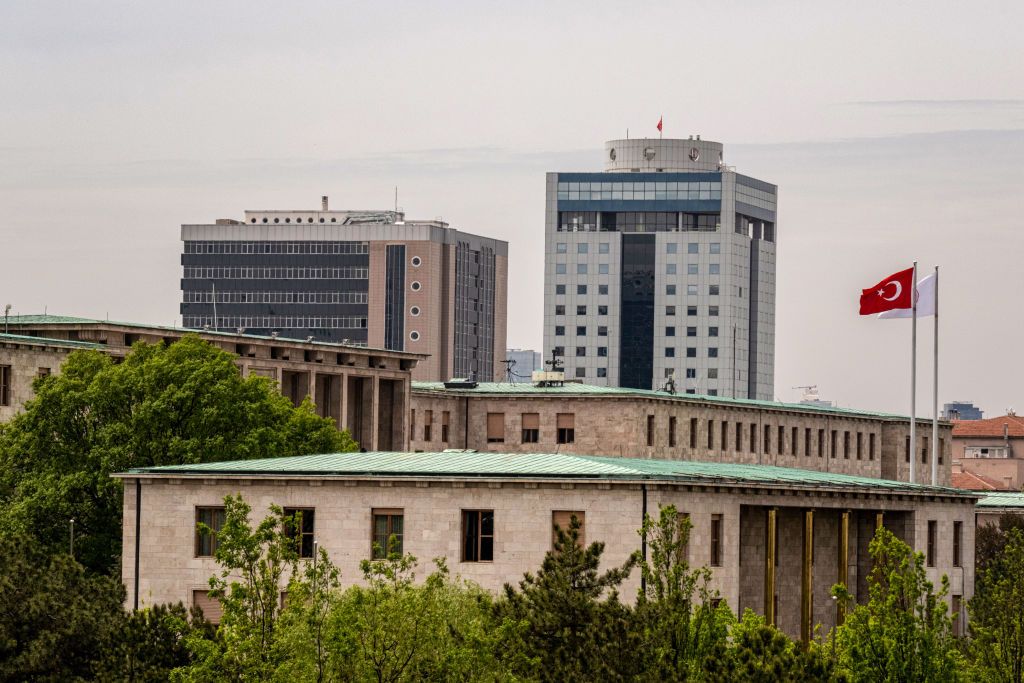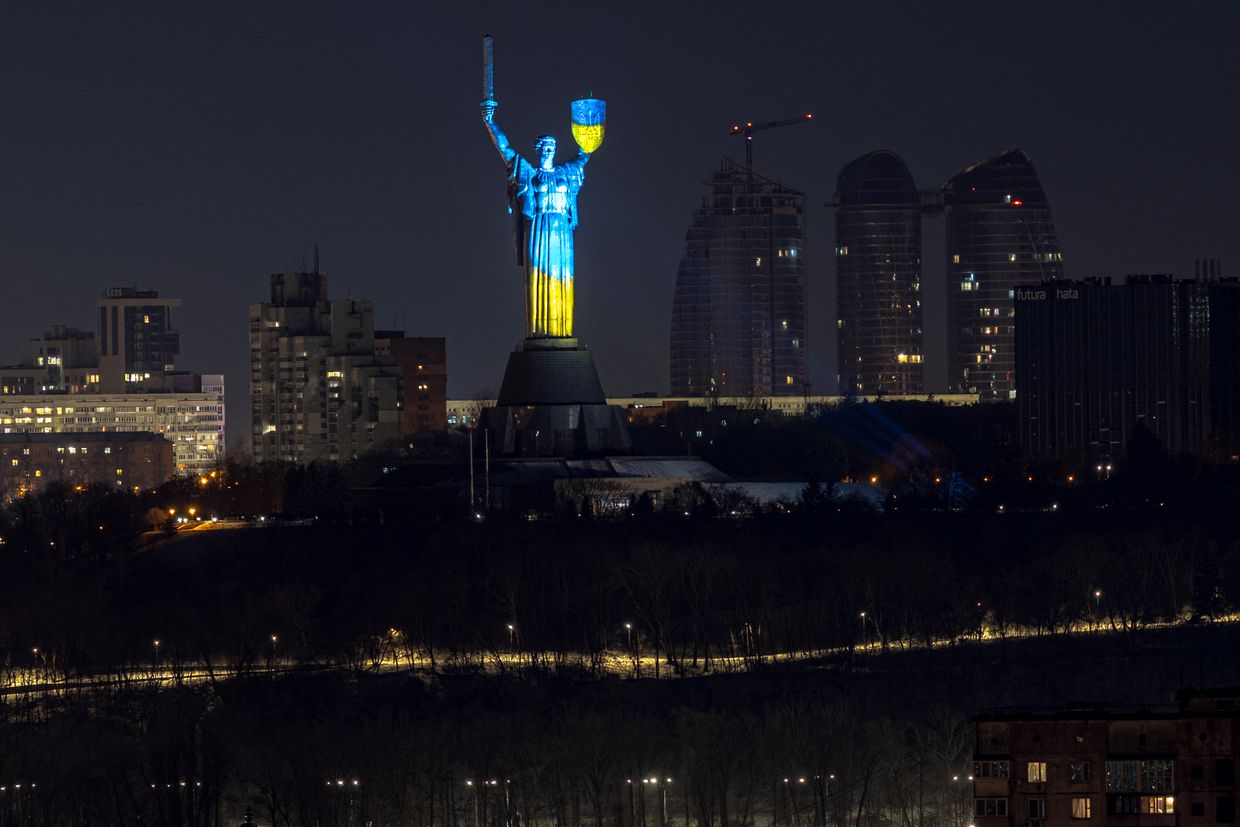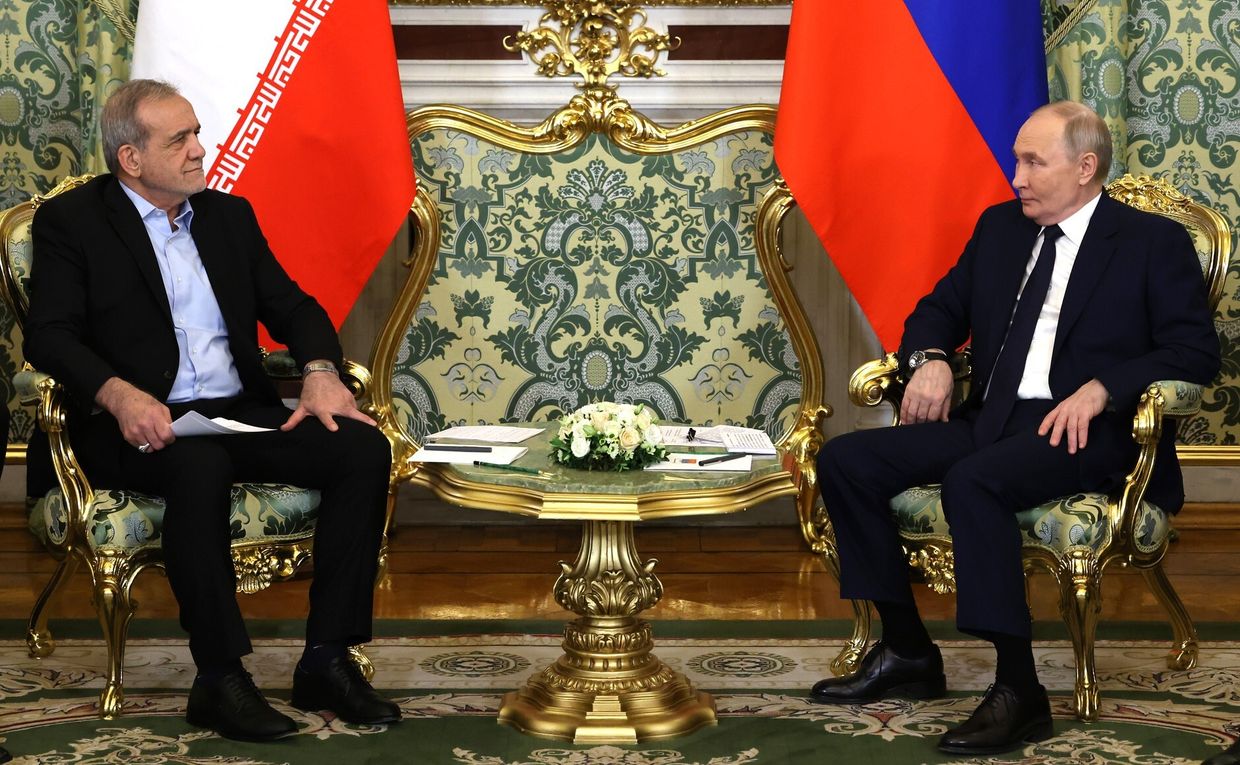Turkey's parliament is prepared to vote on Sweden's accession to NATO this week, Bloomberg reported on Jan. 22, citing unnamed sources.
Turkey has delayed Sweden's entrance into the alliance, dragging out the process for more than 17 months since Sweden initially applied in May 2022. Turkey has cited Sweden's alleged support for Kurdish groups that Turkey considers to be terrorists, which Sweden denies.
Finland also applied to join NATO in May 2022 and was admitted as a member in March 2023.
Turkish President Recep Tayyip Erdogan signed a protocol on Sweden's NATO accession in October 2023, which was then sent to parliament for final ratification. The parliament then delayed a vote on the issue, with Turkish lawmakers saying that Sweden's accession was not as urgent for Turkey as it was for other countries.
If the Turkish Parliament approves Sweden's accession, the final remaining hurdle will be Hungary, which has also indicated it would not expedite the process. Hungary was previously another holdout on Finland's move to join the alliance.
Erdogan has already extracted concessions from other NATO members in exchange for a commitment that Turkey will support Sweden's bid.
Chief among the demands are the U.S. approving the sale of F-16 fighter jets and other kit to help modernize Turkey's Air Force, as well as further measures from Sweden to crack down on supporters of the Kurdish groups deemed to be terrorists by Turkey.
Both Erdogan and U.S. President Joe Biden have agreed that the F-16 sale be linked to Turkey's approval of Sweden's accession.
Russia has sought to slow the accession process, employing different methods to try and sow division between NATO members, particularly concerning Turkey.
The Finnish media outlet YLE reported in December 2023 that Russian intelligence services planned a series of disruptive activities to try to prevent, or at least hinder, Sweden and Finland's accession to NATO. It is unclear if the actions actually took place in Finland.
Russia allegedly tried to inflame tensions that erupted after a series of public burnings of the Quran in Sweden in early 2023, which resulted in protests breaking out around the Muslim world.
The Swedish government accused Russia of spreading disinformation about the incidents, saying that it had sponsored the publication of articles in Arabic, claiming that the Swedish government was in favor of the Quran burnings.
Even as Sweden's bid has been delayed, it has continued to take steps to strengthen its military cooperation with the alliance.
Swedish Prime Minister Ulf Kristersson announced earlier in January that Sweden would send troops to Latvia as part of a Canadian-led force aimed at deterring any potential Russian attack.













